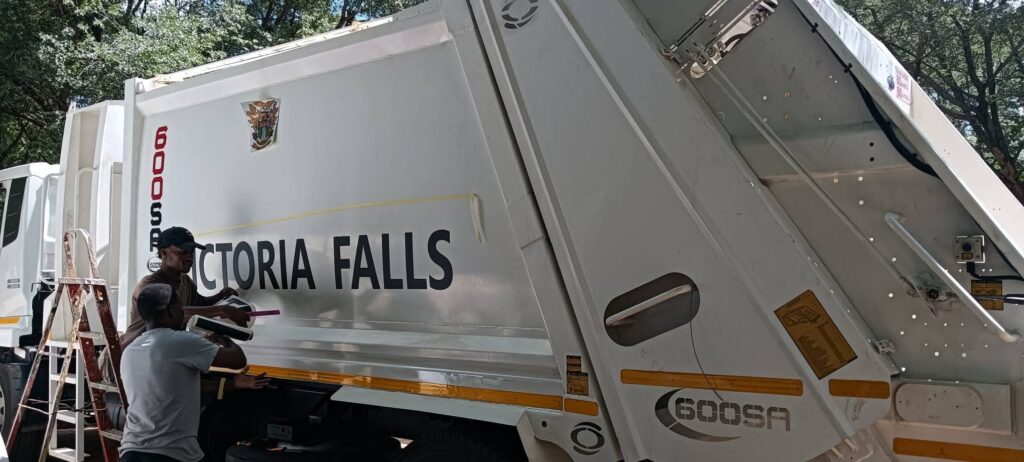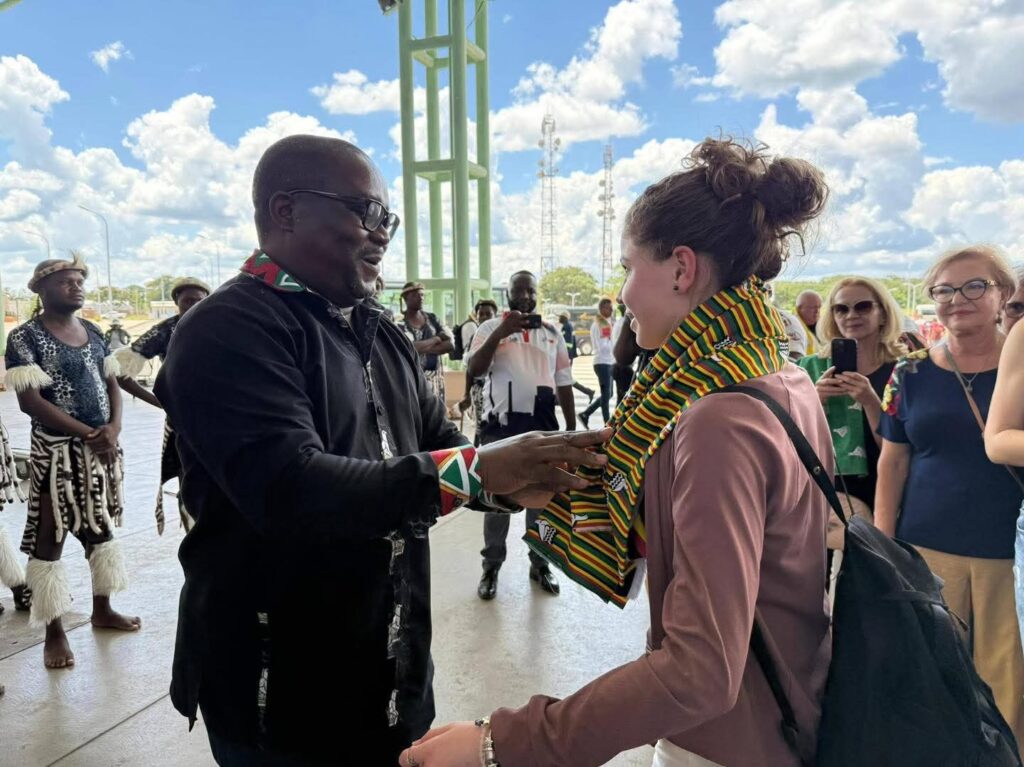Zimbabwe Sounds Wetlands Alarm at COP15, Announces Major Conservation Push
Written by Staff Reporter on July 23, 2025
Victoria Falls, Zimbabwe’s Minister of Environment, Climate and Wildlife, Hon. Dr. Evelyn Ndlovu, issued a stark warning about global wetland degradation while outlining ambitious national commitments at the opening press conference for the 15th Meeting of the Conference of the Parties (COP15) to the Ramsar Convention on Wetlands in Victoria Falls today.
Dr. Ndlovu emphasized the critical, yet threatened, role wetlands play. Citing the recently launched third Global Wetlands Outlook, she noted that while wetlands cover only 6% of the Earth’s land surface, they sequester 35% of terrestrial carbon, support 40% of biodiversity, sustain over a billion livelihoods, and deliver $47 trillion in ecosystem services annually.
The report revealed a sobering reality 37% of global wetlands have been lost since 1971, with freshwater species populations plummeting by 84% since 1970. Zimbabwe reflects this crisis. Wetlands cover nearly 35% of the country (136,595.8 km²), yet 21% are severely degraded, 61% moderately degraded, and only 18% remain stable and pristine. “This situation underscores the urgent need for conservation and wise use of wetlands,” Dr. Ndlovu declared.
COP15: A Pivotal Moment for Paradigm Shifts, Under the theme “Protecting Wetlands for Our Common Future,” COP15 brings together 172 nations. Dr. Ndlovu called for three key outcomes:
1. The Victoria Falls Declaration: Establishing wetland restoration as a core climate change mitigation strategy and creating a Global Wetland Restoration Fund to finance projects.
2. Integration: Embedding wetland conservation into all countries’ Nationally Determined Contributions (NDCs) and Biodiversity Strategies (NBSAPs) for holistic environmental governance. She promoted the new Wetland City Accreditation Standard as a vital planning tool (noting Victoria Falls is poised to be Zimbabwe’s first).
3. Technology: Launching the Global Wetland Watch digital platform for real-time monitoring and operationalizing the African Wetland Observatorium network for continental collaboration.
“The science is clear what remains is the will to act,” Dr. Ndlovu stated. “Wetland conservation is not an environmental luxury; it is a hydrological necessity, a climate imperative, and a development obligation.”
Highlighting Zimbabwe’s commitment, Dr. Ndlovu announced concrete national goals Designating five new Ramsar Sites by 2030 (adding to the existing seven: Monavale Vlei, Cleveland Dam, Driefontein Grasslands, Lake Chivero, Chinhoyi Caves, Mana Pools, and Victoria Falls).
Restoring 250,000 hectares of degraded wetlands, These actions align with Zimbabwe’s National Wetlands Policy, Guidelines, Masterplan, and National Development Strategy 1.
His Excellency President Dr. E.D. Mnangagwa is expected to officially open COP15. Key agenda items include negotiations on resolutions concerning wetlands and climate change, agriculture, biodiversity, and gender inclusion in wetlands management. A field trip to the Kasibo Wetland in Hwange will showcase Zimbabwe’s nature-based restoration solutions.
Dr. Ndlovu concluded by expressing gratitude to all stakeholders involved in preparing for COP15 and urging continued effort, framing the conference as a pivotal moment: “Let this COP15 be remembered as the moment when the world transitioned from recognizing the value of wetlands to actively investing in their future.”
COP15 runs through the week in Victoria Falls, soon to be Zimbabwe’s first Wetland Accredited City.





 Breeze FM
Breeze FM